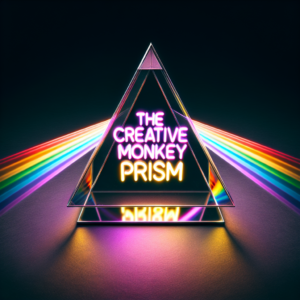This animated science fiction sitcom is filled with quirky humour and colourful characters. Beneath its comedic exterior, however, the show grapples with complex philosophical themes ranging from existential nihilism to the nature of reality.
Here are ten insights we can gain from the philosophy of “Rick and Morty”:
- Multiverse Theory: “Rick and Morty” showcases a multiverse of infinite realities, encouraging viewers to question the nature of their own reality and the concept of free will.
- Existential Nihilism: The series often explores the idea that life may not have inherent meaning, pushing us to find our own purpose.
- Moral Relativism: The show’s characters often operate in moral grey areas, promoting the concept of moral relativism.
- Acceptance of Absurdity: The unpredictable and bizarre events in the series encourage viewers to embrace life’s absurdities.
- Questioning of Authority: Rick, as a character, consistently defies and questions authority, encouraging critical thinking and skepticism.
- Embracing the Unknown: The show’s adventures into the unknown universe encourages an openness to uncertainty and exploration.
- Consequences of Intelligence: Rick’s character shows that high intelligence does not equate to happiness, prompting reflection on what constitutes a fulfilling life.
- Family Dynamics: Despite the outlandish scenarios, at its heart the show examines family relationships and their complexities.
- Loneliness and Connection: The series explores themes of loneliness and the human need for connection.
- Humour in Dark Times: “Rick and Morty” consistently finds humour in dark and challenging situations, suggesting a strategy for coping with life’s difficulties.
QR Poet Summary
Today, consider how “Rick and Morty” might be more than just a source of entertainment. Reflect on the implications of a multiverse theory or the existentialist themes that echo through the series. Ponder moral relativism and how you navigate your own ethical compass. Embrace life’s absurdities and remain open to the unknown. Think critically about authority, and reflect on what truly constitutes a fulfilling life. Contemplate the complexity of family dynamics and the universal human need for connection. Above all, don’t forget the importance of humour, even in the face of life’s darkest moments.










